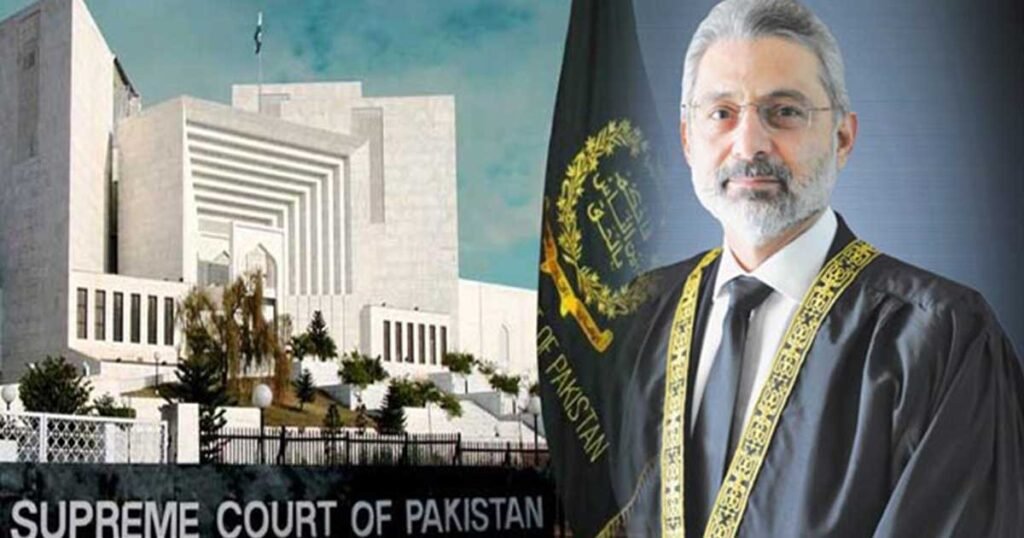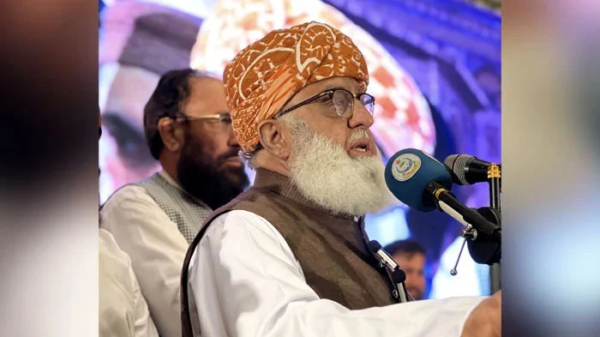ISLAMABAD: The Supreme Court (SC) today said that the Islamic Law of Inheritance regarding the distribution of property cannot be altered by the judiciary or jirgas as the matter was settled about 1,400 years ago.
The remarks were made during a hearing of a plea filed against a decision of the Peshawar High Court (PHC) pertaining to the distribution of the property among the heirs of the deceased named Habibullah.
The heirs hailing from Swat had approached the court for equal distribution of their property after a jirga decided to distribute property among the heirs.
A two members bench comprising Justice Qazi Faez Isa and Justice Yahya Afridi heard the case over a property dispute in Swat.

During the hearing, Justice Isa said the law given by Islam for inheritance was final and no one, including courts, could change that. He said the decision of jirga in the said case was not “greater than the divine religion”.
Justice Isa said a seven-year-old kid was made witness to the jirga’s decision and his thumbprint was stamped on the property distribution documents. “A seven-year-old child cannot be hanged in a murder case,” Justice Isa chided, adding that such documents made a mockery of the law.
During the hearing, the petitioner requested the court to consider the “ground realities” of the region while hearing the case. Justice Isa took exception to this remark and said that the region he was talking about “treated women as lesser human beings”.

He said arguments such as “ground realities” have been used to impose martial laws in Pakistan, and for coercing judges into signing documents. “But, still we are asked to consider ‘ground realities’.”
According to the top judge, Saudi Arabian courts settle property cases in just one month, whereas in Pakistan, such cases take decades. “Islam has decided the inheritance laws 1,450 years ago,” the SC judge added.
Subsequently, the court ordered the distribution of the property of late Habibullah, a resident of Swat, among all the legal heirs in accordance with the shariah law.
I am an experienced writer, analyst, and author. My exposure in English journalism spans more than 28 years. In the past, I have been working with daily The Muslim (Lahore Bureau), daily Business Recorder (Lahore/Islamabad Bureaus), Daily Times, Islamabad, daily The Nation (Lahore and Karachi). With daily The Nation, I have served as Resident Editor, Karachi. Since 2009, I have been working as a Freelance Writer/Editor for American organizations.










